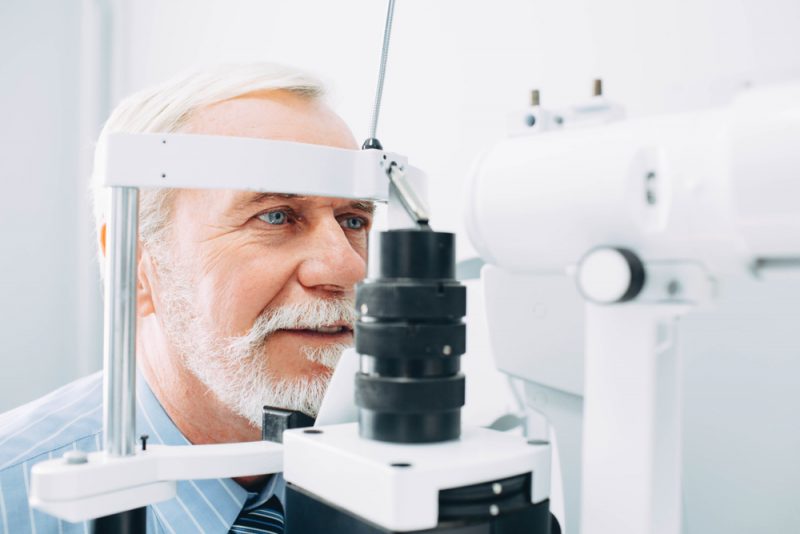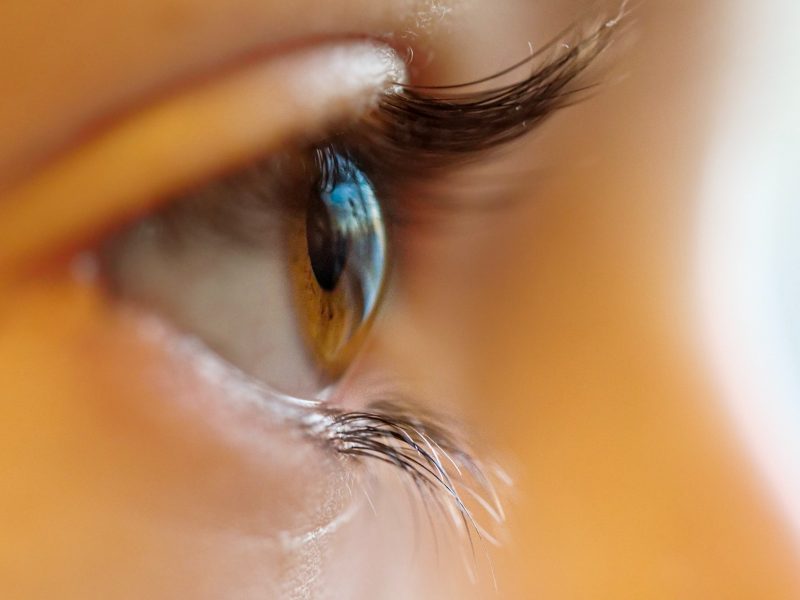The importance of eye exams for diabetics

Did you know that approximately one in 16 Canadians have diabetes? A condition that causes elevated levels of glucose in your blood, diabetes can affect your eye health. In this post, we’ll cover how to control diabetes and the importance of regular eye exams to check the overall health of your eyes.
What is Diabetes?
Diabetes is a metabolic disease that happens when your body’s blood sugar levels are too high. It occurs when your body can’t produce enough insulin or can’t use insulin efficiently. Without insulin, the body is unable to break down and deliver sugar to cells throughout your body. It needs sugar for energy. There are 2 main types of diabetes:
Type 1 diabetes: occurs when the body’s immune system attacks the cells produced in your pancreas that makes insulin. It usually develops during your teens and may require regular insulin injections.
Type 2 diabetes: occurs when the body does not produce enough insulin or respond appropriately to insulin. It usually develops after age 50 and can be managed by meditation and dietary changes.
The Correlation Between Diabetes and Your Eyes

Unfortunately, diabetes can affect your whole body, including your eyes. Not only can it lead to blurry vision, but it can also lead to diabetic eye disease. These include conditions like cataracts, diabetic macular edema, glaucoma, and even diabetic retinopathy, which is a leading cause of blindness. While diabetic eye disease can lead to permanent vision loss, the good news is that keeping your diabetes under control is likely to prevent any significant damage to your eye health.
The Importance of Getting Your Regular Eye Exam
Regardless of whether or not you have diabetes, it’s important to get your eyes checked regularly in order to detect signs of any eye conditions and ensure that your eyes are functioning at their optimal level. However, it’s crucial that all diabetics have a thorough eye examination every year. Your eye exam should include both pupil dilation and retinal imaging.
During pupil dilation, your optometrist will use eye drops to increase the size of your pupils. This allows them to get a better look inside your eye. With regular eye exams and the help of your optometrist, diabetes can be managed and vision loss can be negated. In addition to your regular eye exams, it’s essential to report blurry vision and any other sight changes to your doctor as soon as possible.
Book Your Appointment

If you have any concerns about the health of your eyes or have any questions about diabetes and eye problems, please do not hesitate to contact us or visit us at our opticians in Belleville, Ontario. We would be more than happy to assist you.

